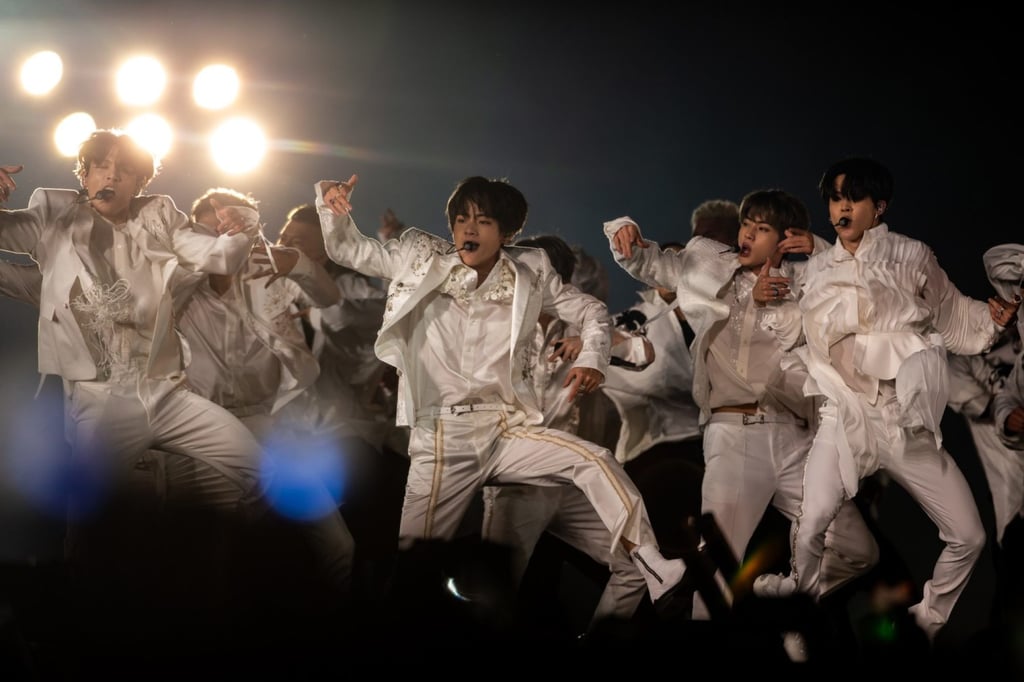How K-dramas, K-pop and Korean movies took over the world with one simple strategy
- K-pop groups like BTS, films like Parasite and shows like Squid Game are all South Korean exports designed to have an appeal that transcends borders
- Songs from multicultural groups are produced in multiple languages, while films and shows have an undercurrent of social critique that resonates globally

In 2008, armed with US$50,000, Bak Seung and his business partner went to a Korean broadcaster’s outpost in Los Angeles to ask about licensing Korean television dramas for online streaming.
They were met with quizzical stares. Who, outside the Korean diaspora, would watch K-dramas, much less pay for them? Would American viewers want to read subtitles? What even is streaming? (It would be several more years before Netflix took off in earnest and “binge-watching” became a couch sport.)
Bak and fellow Korean-American entrepreneur Park Suk, though, were already seeing a groundswell of demand for Korean content across the English-speaking world and they were ready to be at the forefront of it.

Fans were downloading or streaming pirated shows. They were organising among themselves to subtitle hours of footage for non-Korean-speaking K-drama devotees.
Something about the shows incited a fervour that cut across language and culture and spread virally – at a time when “going viral” had not yet entered the English lexicon.